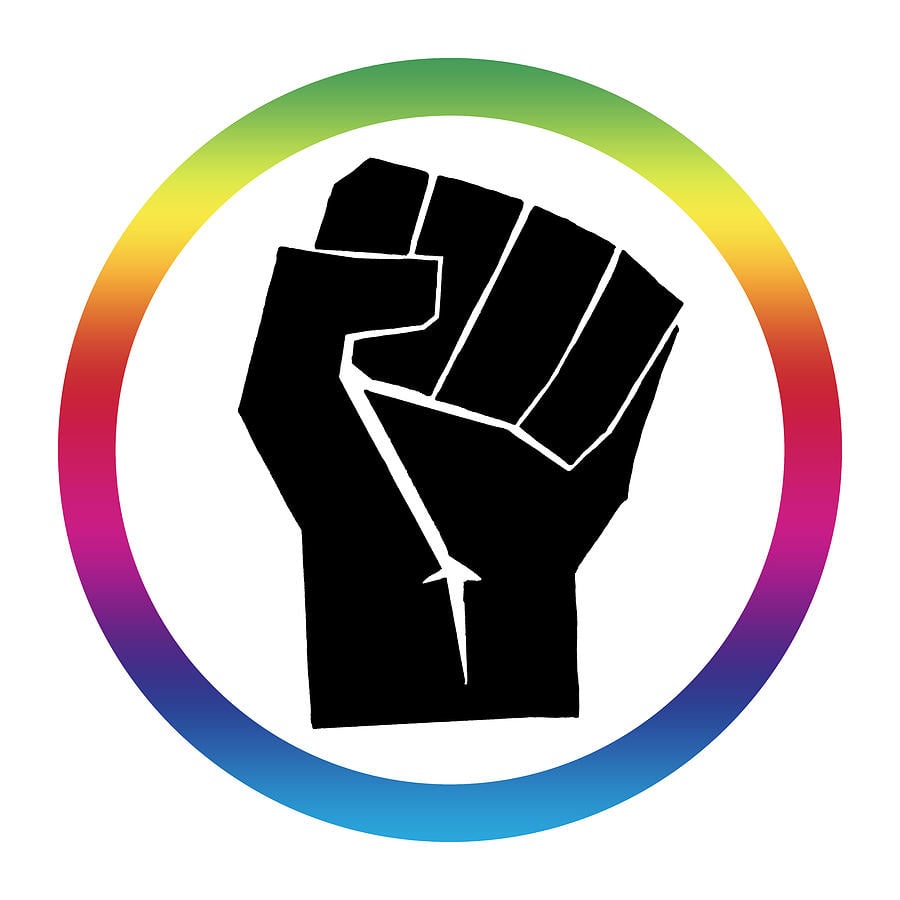Oh I’m bookmarking this one for sure. It’s almost like the crime spike had more to do with the publicized murder of of a man at the hands of police, the collective emotional impact of a global pandemic and uncertain future, and unprecedented unemployment than it did with defunding the police as so often claimed.
It’s not that reducing the cops lowered crime. It’s most likely that crime was dropping anyway, so fewer cops were needed regardless. Which is, itself, a HUGE problem with the way policing is generally handled – cops have zero incentive to reduce crime because if crime is successfully reduced so too is the demand for cops. The only incentive is to do the bare minimum of busywork to keep people thinking they’re necessary so they don’t get laid off. Cops would rather crime grow worse so they can get more funding.
Even investigating is dangerous for them. Unclosed cases make them look bad, and most cases go unclosed. So better to avoid being out there supporting the community, identifying cases that will remain unclosed. They’re better off soliciting and inducing crime themselves so that any new cases that come to their attention can be automatically closed at the same time – who cares if the person would likely not have been a criminal without them! And doubly so who cares if the crime is only a danger to the community as a direct result of its criminalization.
Of course that’s going to happen when the largest gang shrinks.
I wonder if it’s not due to less people getting caught up in the legal system because of less police presence? A sort of weird take on the “broken windows” theory of policing. The usual explanation is that you have to go after smaller crime to prevent even bigger crimes from happening later on down the line, e.g. if you prevent lesser crimes like vandalism and jaywalking, you’ll prevent bank robberies and homicides. I’m probably not describing it well enough and I think the theory has probably already been disproven, but it was popular for awhile. Just getting caught up in the legal system is a hard trap for some people to escape once they’re in it, as it almost seems designed to keep people there longer once they’re in it.
But what if by going after all these lesser offenders, they’re scooping up all these lower-level people into the legal system and just making their lives harder than they need to be and almost forcing them to start turning to crime? Bust a guy for a dime bag of weed, then maybe he loses his job and/or loses his license, he gets hit with fines and time in drug abuse classes, has a harder time finding any better jobs and gets stuck with low paying jobs for years afterwards, if not the rest of their life. By knocking people down that are already in pretty bad conditions, you’re preventing them from bettering themselves and just naturally moving away from criminal acts, instead they’re pushing them to commit more criminal acts because they become locked out of legitimate activities and have no real prospects for the future.
Maybe if you don’t freak out over broken windows and don’t throw the book at people, they eventually grow up and try to make a better life for themselves.
By knocking people down that are already in pretty bad conditions, you’re preventing them from bettering themselves and just naturally moving away from criminal acts, instead they’re pushing them to commit more criminal acts because they become locked out of legitimate activities and have no real prospects for the future.
Seriously. This is the rebuttal to so much of the resistance to social and policy change regarding law enforcement and various social programs.
I could never have said it as succinctly as you did, and I don’t think there is a way to convey it that folks who don’t arrive there on their own will accept.
I have nothing really to add, but I think there’s a lot to what you’ve said. Especially dealing with the legal system — when you’re locked up for want of bail, it’s gotta be mighty hard to hold a job.
Given what gets posted here that seems expected
Despite or because of?
Just sounds like the pandemic restlessness is wearing off.







